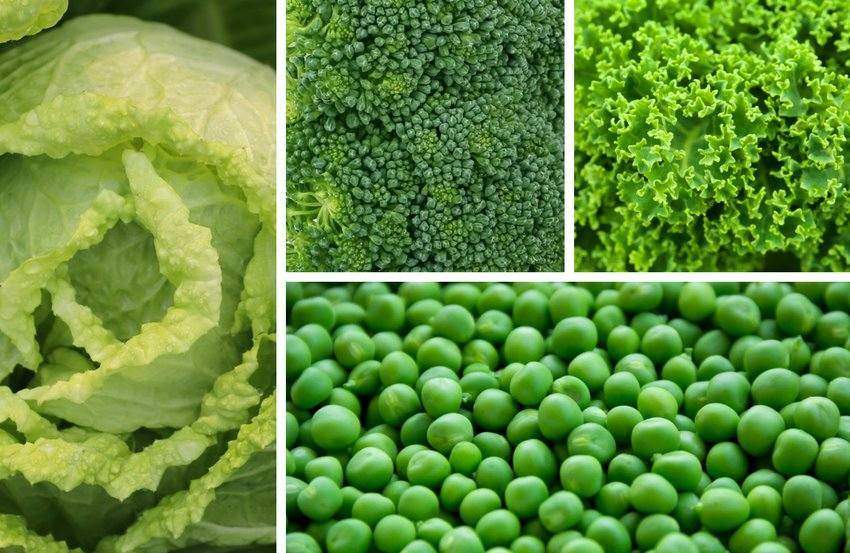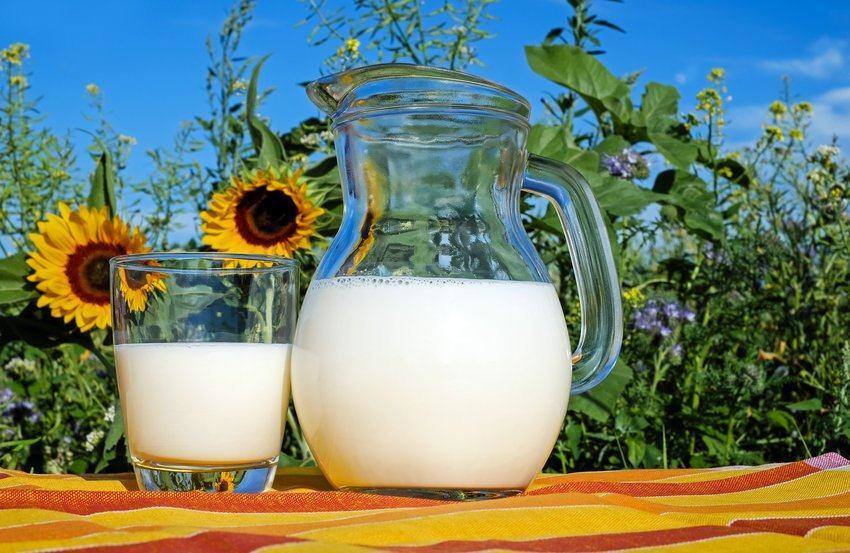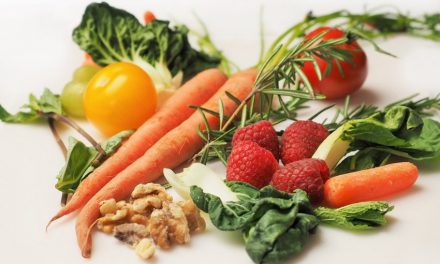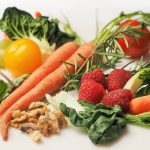The need to drink milk and to eat dairy products has been branded into our brains through the media and through the insistence of our parents who have been influenced by the media. It is therefore difficult for people to separate the word “calcium” from milk. Basically strong bones are associated with milk and calcium supplements in the civilized world where osteoporosis is prevalent and no one questions why. Meanwhile, primitive societies do not drink milk, have little access to milk, and never take supplements, yet they have strong bones. What is the truth about this mineral?
Calcium plays a number of roles in the body. Besides developing and maintaining strong teeth and bones, it is also responsible for muscle contraction, nerve signaling, and the secretion of certain enzymes and hormones.
A person who is deficient can develop numbness in the fingers and toes, convulsions, muscle cramps, tiredness, mental dullness, loss of appetite and abnormal heart beats.
A person who eats the mineral in excess (especially from supplements) can suffer from kidney stones, increased risk of heart disease, and calcification of soft tissue.
The implication is that we must have the right amount of the right type of the mineral.
Plant Based Food Sources of Calcium
Calcium is a mineral that all animals get through eating plant foods. That is why animals which eat grass and leaves have big and strong bones. In plants, this mineral is available in a form that is between 40% and 60% absorbable by the body. That is because plant based foods are easy to digest and assimilate into the body.
Calcium is available in leafy green vegetables like kale and spinach. Therefore if you eat a lot of greens, you can never worry about deficiency. That explains why the primitive societies which eat a lot of vegetables and very little meat and milk have strong bones. Other sources are Chinese cabbage (bok choy), okra, broccoli, green snap beans, almonds, lentils, all types of beans, chickpeas, nuts and seeds. Fruits also contain the mineral though the levels are lower than in vegetables.
In order to get enough calcium, eat a variety of fruits and vegetables which all provide a number of other minerals, vitamins and other beneficial phytochemicals.
How Did Milk Become Popular for Developing Strong Bones?
Heavy advertising done by the dairy industry has convinced us that we must consume a lot of milk and other dairy products in order to have strong bones. Why then do people in the West, where milk consumption is very high, suffer from osteoporosis? The answer is that the advertisers spread a big lie to convince people to consume milk to keep the dairy industry viable. Milk is the cause of weak bones. Milk does not give us calcium; it robs us of that very important mineral, leaving our bones weak!
 Here is what happens in the body:
Here is what happens in the body:
During digestion, milk protein produces acidic by-products which are absorbed by the body. The body’s natural pH value lies between 7.35 and 7.45, meaning that the body is naturally slightly alkaline. When milk makes the body a bit acidic, the body reacts by leeching calcium from the bones (which is alkaline) in order to neutralize the acid. Afterwards the mineral leaves the body through urine. The more milk we eat, the more mineral is stolen from the bones, and the weaker the bones become. In short, milk contributes to the development of osteoporosis.
You may be wondering whether we do not benefit from the calcium in the milk. The truth is that milk contains more of the mineral per serving than vegetables, but our bodies do not absorb it well.
If you have osteoporosis and you are over 50 years old, you might be blaming menopause for the condition. The truth is that the loss of calcium from the bones happens gradually due to the consumption of acid-producing foods and by the time one is in the 50s, the bones are weak and fractures are common. This is supported by the fact that most elderly women in Africa and in the Far East do not suffer from osteoporosis and only those who have adopted the western diet have problems.
Factors Which Affect Absorption of Calcium
Age – Children absorb about 60% of the calcium in their food which they use for growing bones. However, the efficiency of absorption declines gradually to about 20% in adults.
Pregnancy – Pregnant women tend to absorb more of the mineral, possibly because more is required for the baby’s bones.
Amount of calcium consumed – eating too much of the mineral impedes its absorption.
Vitamin D intake – Vitamin D helps with calcium absorption so it is recommended that people stand in the sun often or they take vitamin D supplements.
Oxalic and phytic acid – It has been found that these two affect absorption of calcium but also that those who eat a balanced diet are not affected. By eating a variety of foods one introduces balance in the diet and therefore eliminates this problem.
Protein, sodium, alcohol and caffeine – A diet that contains high amounts of protein, sodium, caffeine and alcohol impedes absorption and retention of calcium. In fact it leads to the loss of that mineral, effectively weakening the bones.
Eating dairy and animal protein leads to the loss calcium since they cause acidity in the body. The only effective and safe way to access the mineral is to eat a variety of plant foods. Balance is what you must seek.



 Here is what happens in the body:
Here is what happens in the body:








